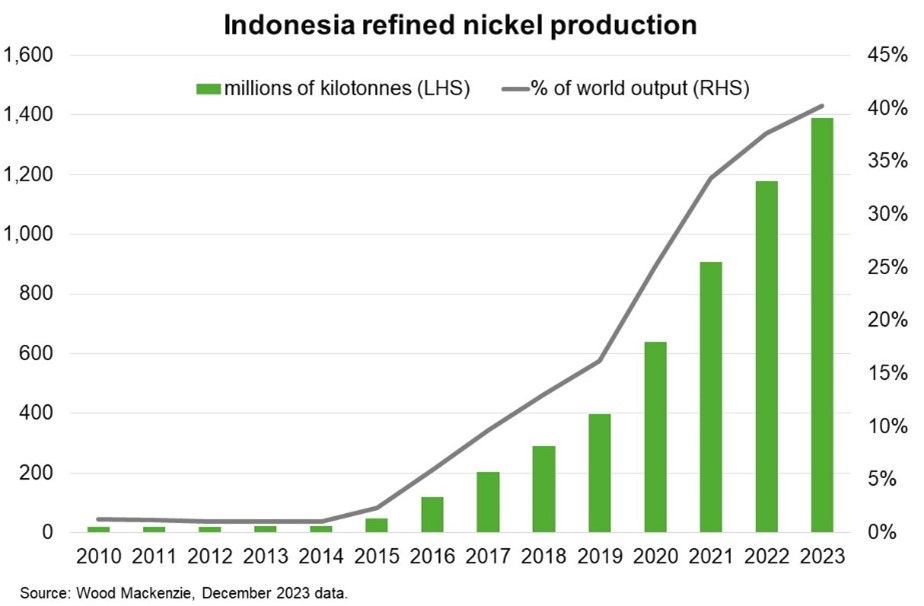Indonesia—Focus to remain on enhancing the business environment
Preliminary counting from Indonesia’s February election suggests Defence Minister Prabowo Subianto will secure the Presidency after gaining about 60% of the vote. Official results are scheduled to be announced on 20 March and inauguration of the new President will take place on 20 October.
During the campaign, Prabowo committed to continuing existing policies focused on boosting economic growth, investment in infrastructure and social support programs. Prabowo has pledged to continue Jokowi’s down streaming policy, which bans the export of unprocessed minerals to drive investment in domestic processing. Indonesia’s macroeconomic policies, including a constrained fiscal stance, moderate inflation and labour reforms underscore IMF projections for 5% real GDP growth per annum over the next five years.
Steady growth, a rising middle class and improving infrastructure are providing benefits to Australian exporters. Exports to Indonesia hit a record $15.7 billion in FY2023, becoming Australia’s 9th largest export market, up more than 85% from the pre-COVID level in 2018-19. Opportunities in new industries further boost export prospects. Indonesia’s efforts to reduce greenhouse gas emissions while meeting its population’s needs will create opportunities in the green energy sector. Rising Indonesia incomes and a large population offers growing opportunities for Australian exporters of agriculture and food, education and skills, and healthcare. There are also challenges, including unfamiliarity with and uncertainty around the operating environment. Indonesia’s surging nickel production (Chart) and slower global demand, is contributing to lower global prices that challenge Australian producers.


